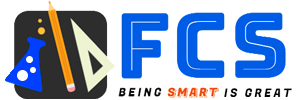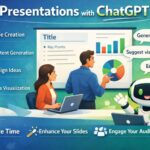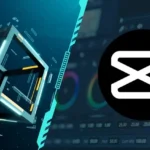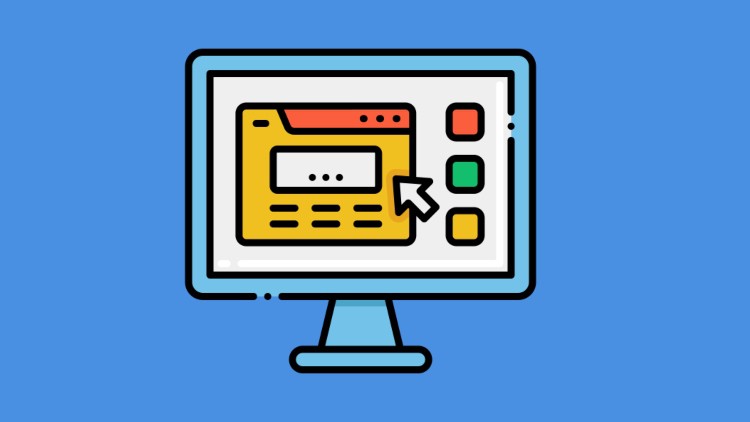Become a Web Developer: HTML / CSS /JavaScript /Node / etc.
Build a Chat App with : (Node.js/Express.js/Socket.io/MongoDB) & Build Website and Web Apps with HTML/CSS/JavaScript
Become a Web Developer: HTML / CSS /JavaScript /Node / etc
What you’ll learn
- The basics of web development and how the internet works.
- How to write well-structured HTML documents.
- The use of different HTML tags and elements to structure a webpage.
- The fundamentals of CSS for styling web pages.
- How to use CSS selectors, properties, and values.
- The concept of the CSS box model.
- Basics of JavaScript programming language.
- Fundamental concepts in JavaScript like variables, data types, arrays, loops, and functions.
- How to handle events in JavaScript.
- How to build a basic website using HTML, CSS, and JavaScript.
- Fundamentals of MongoDB, a NoSQL database.
- How to perform CRUD operations in MongoDB.
- Basics of Nodejs and its event-driven architecture.
- Fundamentals of Expressjs, a popular framework for Nodejs.
- How to create a basic server using Node and Express
- Understanding and using routes in Expressjs
- How to connect MongoDB with Nodejs using Mongoose.
- Real-time communication using Socket. o.
- Build a real-time chat application using Nodejs, Expressjs, Socketio, and MongoDB.
- How to deploy a full-stack web application.
Requirements
- The prerequisites are minimal as the course is designed to accommodate beginners who are just getting started in the field of web development. However, there are a few recommendations to help you get the most out of this course:
- Basic Computer Skills: You should be comfortable with basic computer skills such as creating folders, downloading and installing software, navigating the file system, etc.
- Understanding of How to Use a Web Browser: You should know how to navigate the web, download files, and understand basic internet concepts.
- Basic Understanding of Mathematics: You don’t need advanced math, but having a basic understanding of concepts like addition, subtraction, multiplication, and division is helpful when learning programming.
- Access to a Computer: You will need access to a computer (Windows, Mac, or Linux) to install the required software and practice coding. The course involves a lot of hands-on learning.
- Internet Connection: As the course is delivered online, you will need a stable internet connection to access the course material, download necessary software and resources, and do research when necessary.
- Text Editor: You’ll need a text editor to write your code. Some popular options include Visual Studio Code, Atom, and Sublime Text. Many of these are free to download and use.
- Time and Dedication: Learning web development is a significant time investment. You should be prepared to dedicate time to watch the lectures, complete assignments, and practice coding on your own.
- No Previous Coding Experience Required: This course assumes no previous coding or web development experience. It will start with the very basics and gradually move towards more complex concepts.
- Curiosity and Willingness to Learn: Web development is a vast and ever-evolving field. Having a strong curiosity and a willingness to learn and explore new concepts will help you succeed in this course and the field of web development.
Description
Welcome to “Become a Web Developer,” – a comprehensive course designed to guide you through the process of creating interactive websites and web applications using a suite of modern technologies, including HTML, CSS, JavaScript, Nodejs, Expressjs, Socketio, and MongoDB.
This course is designed for learners who are passionate about diving into the world of web development, regardless of previous experience. We’ll start with the basics and gradually move towards more complex concepts and projects.
In the first few sections, we’ll lay the groundwork by exploring what web development is and how to write and understand code using HTML, CSS, and JavaScript – the three fundamental building blocks of the web. We’ll build a sample website and engage in several beginner-friendly web projects like a calculator, quiz app, countdown timer, and todo app. These projects will allow you to consolidate your learning and see how HTML, CSS, and JavaScript work together to build functional, interactive websites.
Next, we’ll delve into back-end development with a focus on Node.js and Express.js. You’ll understand the concepts behind server-side programming, creating RESTful APIs, and managing data with MongoDB, a popular NoSQL database.
The course reaches its climax with an exciting project where you’ll apply everything you’ve learned. You’ll build a real-time chat application using Nodejs, Expressjs, Socketio, and MongoDB. This project will help you understand how all these technologies interact in a full-stack JavaScript environment.
By the end of this course, you’ll have a robust understanding of web development and a portfolio of projects to showcase your skills. You’ll be equipped to build interactive websites and applications, setting you firmly on your path to becoming a proficient web developer. Whether you’re looking to start a career in web development or you’re a professional looking to expand your skill set, this course will provide a solid foundation to help you reach your goals.
Enroll now and start your web development journey!
Who this course is for:
- Beginners to Programming: Individuals with no prior programming experience who are looking to dive into web development from scratch.
- Front-End Developers: Developers who are proficient in front-end technologies like HTML, CSS, and JavaScript and are looking to expand their knowledge into back-end development with Nodejs, Expressjs, and MongoDB.
- Career Changers: Individuals considering a career change into the tech industry. Web development is a sought-after skill, and this course can provide a comprehensive foundation.
- Students and Lifelong Learners: Students studying computer science or related fields or lifelong learners interested in understanding the inner workings of the web.
- Students and Lifelong Learners: Students studying computer science or related fields or lifelong learners interested in understanding the inner workings of the web.
- Designers: Web or UI/UX designers looking to enhance their skill set by understanding how to bring their designs to life through coding.
- Non-Technical Roles: People in non-technical roles, such as project managers, quality analysts, etc., who work with technical teams and want to better understand web development to improve cross-functional communication and collaboration.








Add Comment